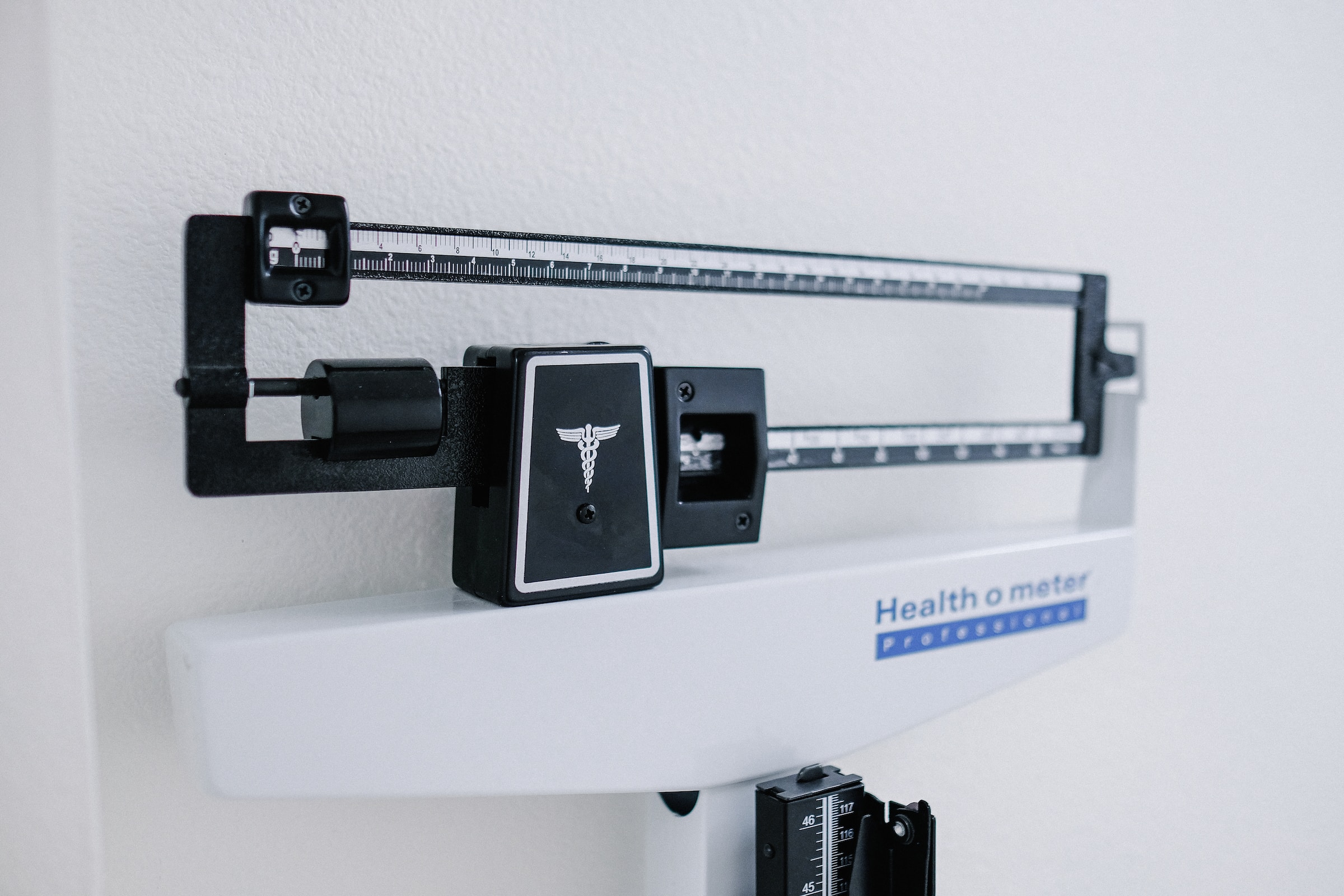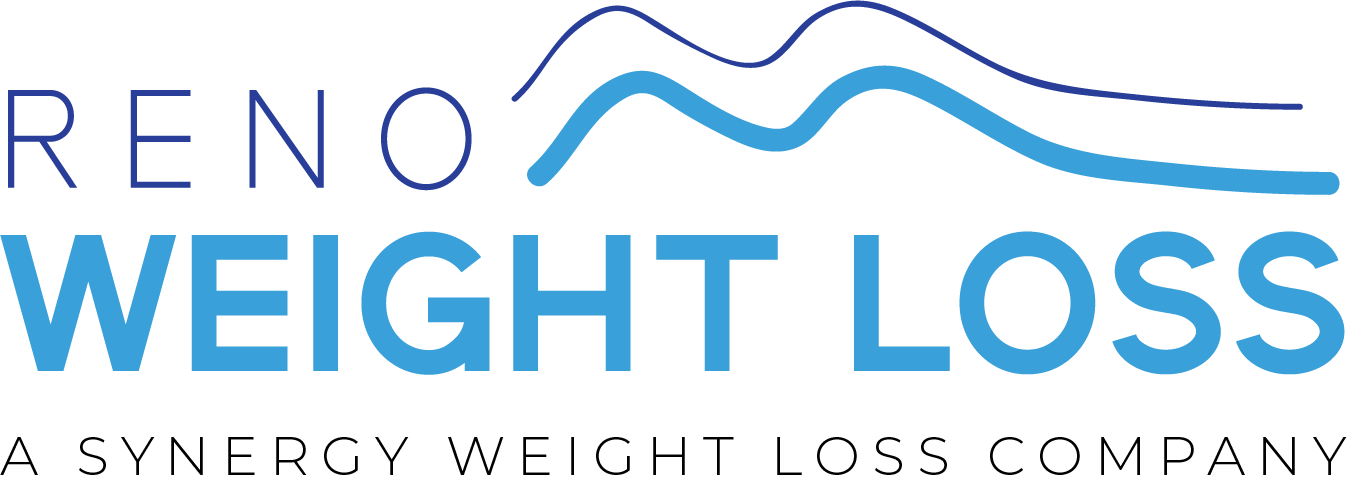
Is Losing Weight Too Quickly Harmful?
Quick weight loss might seem like a great idea, but it’s crucial to understand the dangers associated with it. Rapid weight loss can strain your body and make you more susceptible to health issues such as headaches, fatigue, or dehydration. Moreover, it’s often temporary, as people tend to regain the lost weight once they resume regular eating habits.
For safe, lasting results without jeopardizing your health, it’s recommended to lose no more than 1-2 pounds per week in most cases. As a top weight loss clinic in Reno, NV, we suggest understanding the implications of rapid weight loss to determine if it aligns with your health goals and lifestyle choices!
Potential Health Effects of Rapid Weight Loss
Though losing weight quickly may seem appealing, be aware that it carries serious potential health risks. Rapid weight loss can result in muscle loss instead of fat loss, negatively impacting your metabolism, hormones, and other bodily functions. Additionally, some diet plans promising swift results may be unsafe or even illegal due to their extreme restrictions or potentially harmful ingredients in supplements for rapid weight reduction.
Moreover, hunger-driven decisions while eating can lead individuals with anorexia nervosa or bulimia to adopt unhealthy behaviors, potentially harming their physical and mental well-being over time if not addressed.
Pros and Cons of Quick Weight Loss
Rapid weight loss has its advantages and disadvantages. Consuming fewer calories than your body requires to maintain its current size can help you lose weight quickly, but there are downsides to this extreme approach.
Maintaining healthy levels of essential compounds may be unattainable through rapid weight loss diets, as they typically don’t provide enough energy primarily from food sources alone.
Furthermore, rapid weight loss may lower metabolism rates, leading to regained fat when caloric intake normalizes or dieting stops for an extended period. This phenomenon is common among those who follow extremely low-calorie regimens.
Safe Ways to Lose Weight
To lose weight and keep it off, it’s crucial to adopt a gradual approach. Aim for a 1-2 pound weight loss per week, ensuring that most of the weight loss comes from fat rather than muscle or water.
Eating healthier foods such as fruits, vegetables, whole grains, and lean proteins can contribute to safe weight loss. Reducing portion sizes also helps maintain healthy calorie intake goals throughout the day. Additionally, regular exercise not only burns calories but keeps muscles toned, preventing them from shrinking while losing overall body mass!
In the long run, making slow, steady changes is more beneficial for your mental and physical health. It doesn’t place excessive demands on an individual, allowing them to regain control over their weight naturally and healthily over time.
Causes of Unsafe Rapid Weight Loss
Unhealthy, rapid weight loss typically starts with a feeling of restriction or deprivation. Crash diets, prolonged fasting, cutting out entire food groups, or excessive exercise are all indicators of unsafe patterns of behavior.
Such diets can be challenging to maintain over time, potentially hindering progress toward your goals rather than supporting them!
Moreover, many “quick fixes” carry hidden risks, such as malnutrition due to inadequate nutrient intake, affecting not just physical health but also mental well-being. Our bodies require essential vitamins and minerals, which we may not be receiving.
Lifestyle habits, like high-stress levels from demanding work schedules and temptations from fast food outlets, also need addressing before embarking on any drastic weight loss plan.
Tips for Gradual Weight Loss Goals
Adopt a gradual, sustainable weight loss approach for a healthier outcome. Losing too much weight too quickly can deprive your body of vital nutrients, leading to fatigue and health issues.
Focus on long-term healthy habits rather than quick results. Setting realistic weight loss goals is essential, as overly ambitious targets can lead to disappointment if unmet.
Several diet tips can help you achieve your nutritional objectives. For example, tracking your food intake can help you monitor your eating patterns. It’s also important to recognize which foods provide energy and nutrition while being mindful of portion sizes when consuming meals and snacks.
Rapid weight loss is not always the best choice, as it can lead to nutritional deficiencies and dehydration. Reno Weight Loss, one of the leading weight loss clinics in Reno, NV, recommends a healthy, sustainable rate of weight loss that includes a balanced nutrition plan and exercise tailored to meet your goals safely.
Consult with one of our experts to develop a personalized plan specifically designed for you, helping you reach your desired weight loss goal safely over time!
